Mental health in coronavirus outbreak is a very crucial topic during the outbreak. Now the question stands, How to take care of our mental health during the pandemic?

We live in a world where you can get whatever you want just with a click, where there are apps to find love and friendship, a world where going the distance is easy with a Skype call. Yet, we forget to take care of our most precious belonging: our mental health. Our emotional peace.
Why is mental health important?
There has been a stigma around mental health since the beginning of time. The fear of being called “crazy” is so potent that we stop ourselves from getting the help that we need. And let me pop the bubble and say it: THIS NEEDS TO STOP.
Mental health, or emotional well-being, is CRUCIAL for us. Our productivity, ability to think and concentrate, empathy- depends on how our mental health is. Quite LITERALLY. When our emotional state is not healthy, we rear dark thoughts, it becomes impossible for us to give outputs that we are capable of. So, when in stress, pretty please, seek help!
COVID-19 and its effects on mental health

We’re in a stage where ‘adulting’ gets the best of us, we’re working to thrive, and we are in a battle with ourselves, our minds. The sudden outbreak of COVID-19 has taken a toll on our mental health. It’s normal to feel unusual feelings during this time of uncertainty. Regardless of what you might be going through, I want to assure you this: IT IS OKAY. Remember to chant it to yourself. It is okay. Hang in there. We WILL get through this.
The emergence of a pandemic is something we have never seen before. The public health move a.k.a social distancing that has been enforced in most countries, can trigger loneliness and isolation. Once in an entire lifetime, we’re entailed to stay at home or quarantine. It’s something we’ve never encountered before. In an uncertain and unusual situation like this, it is normal to feel anxious.
Every human being has their way of reaction to situations. We all have different coping mechanisms. The pandemic has activated a series of emotions in all of us.
Unsolicited feelings that you might have felt during the outbreak:
- Fear
The outbreak of COVID has massively changed our daily routines. Our plans for the year have taken an untimely demise. We are terrified of being infected, losing our jobs, and losing our loved ones. Fear is one of the most common emotions that we have felt.
- Idleness:
During the pandemic, there is no option for us than to quarantine. Even though at first, it seemed like a dream, but staying at home for an extended period can create feelings of unproductivity. Regardless of what we do, we are staying within four walls, subsequently, comes mundaneness in our daily lives leading to feeling unproductive, stuck, and joyless. Such feelings fuel issues related mental health during coronavirus outbreak.
- Anxiety
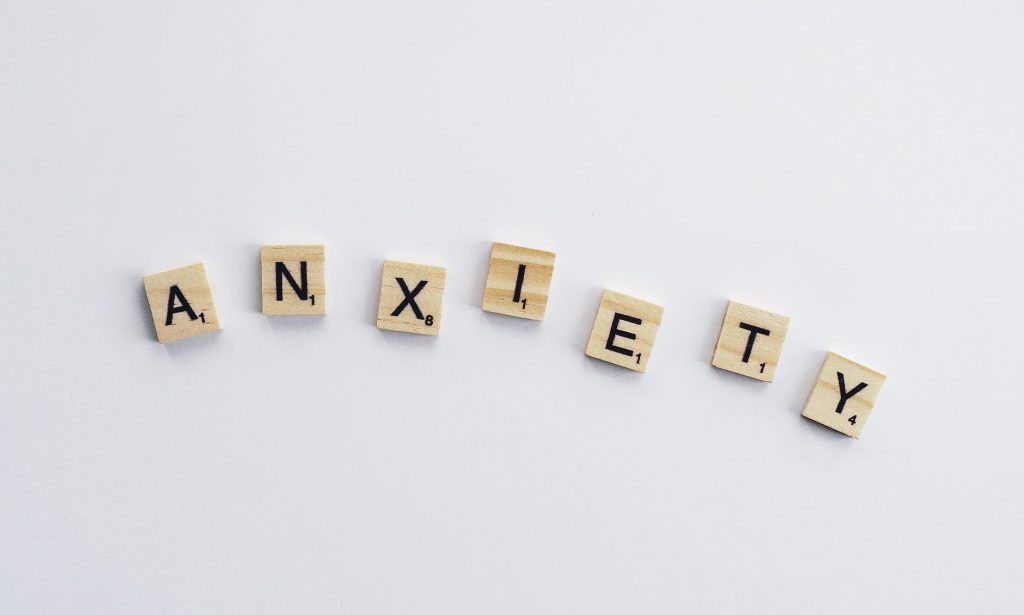
You turn on the TV- all you see is death news, you log in to Facebook and other social media- all that’s on your newsfeed is coronavirus news. When all we see, hear and read is negativity, it’s normal to face it is almost impossible to put a positive outlook because we’re unable to brush off the obstructive thoughts. Negativity can fuel anxiety which is indeed one of the most alarming mental health issues recorded during coronavirus outbreak.
- Sleeplessness
A big reason behind facing difficulties in sleep is stress. The world is in dire straits. Feeding on too much negativity can cause excessive stress causing insomnia/sleeplessness.
- Emotional exhaustion
Some of us are quarantining with our families, friends, or partners. As much as we love our families, friends, and partners, it is fathomable that staying in one place with the same people for an extended period can be overwhelming. It can create scopes for misunderstanding, toxic arguments, and even anger.
- Self-loath
Long term unemployment can create scope for unsolicited self loathe. We tend to give love to other people but often forget to take care of ourselves which leads us to gaslight our feelings and experiences.
If you have felt any of the above emotions over the past few months, Congratulations! You’re human.
How to take care of your mental health at home?
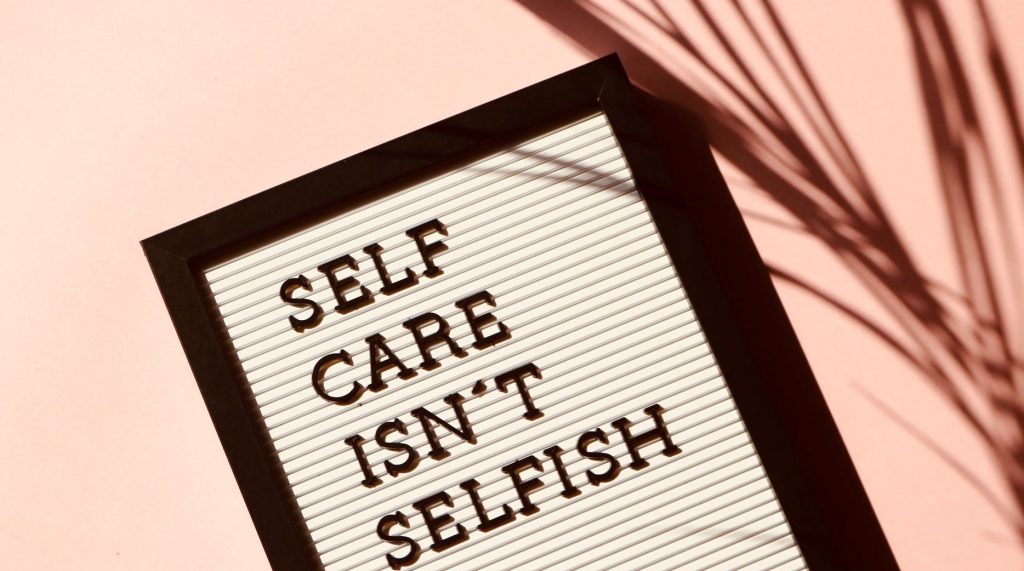
- Make a routine:
One of the most effective habits that helps to improve your mental health during coronavirus pandemic is to maintain a routine. Even though the world has turned 180 degrees, remember to make a routine for yourself. Go to bed and get up at a definite time every day. Make sure you eat at regular times and get proper nutrition. Several studies have shown that not getting proper nutrients in your diet can be associated with poorer mental health. Exercise Regularly!
Did you know? Exercise increases our blood circulation to the brain and creates an influence on the hypothalamic-pituitary-adrenal axis, which causes physiologic reactivity to stress. (source).
And finally, remember to get enough rest.
- Stay informed but stop entertaining negative news from unauthorized sources
Abide by the rules and regulations laid by trusted authorities, for instance, WHO. Electronic media often tends to twist facts and spread false news which can cause stress.
- Keep in touch, socialize
Humans are social beings. We are used to being in groups. In these times of distress, it is vital to remain in touch with our loved ones. Feeling stressed out? Call up a friend! Living away from your family? FaceTime them! Thank god for the internet. Even though opening up can be tough, sharing your thoughts with someone you trust can help you feel much lighter!
- Enjoy some “me” time, get new hobbies!
YES, the emergence of a pandemic has ruined tons of plans that you had for the year. But here’s the good news: This is not the WORST thing that could ever happen. If you’re at home with not much to do, get new hobbies! Explore new things, start doing that one thing you wanted to do when you were 15 but never made the time for it. Times are hard, but the free time could also be taken as an opportunity to find your passion!
- Do more of what you love.
If you’re an artist, create art. A musician? make music! If you love sleeping, hit the bed already! Do more of what you love. This is the time. Enjoy the free time you’re getting while it lasts!

- Do not resort to drugs and alcohol
Consumption of alcohol and drugs is never appreciated. Especially during a global pandemic, the use of alcohol and drugs can fuel domestic violence and unwanted crimes. Consumption of drugs and alcohol also trigger health vulnerability and mental illness.
Above all, remember to cut yourself some slack at the end of the day.
How to support your loved ones displaying signs of emotional distress?
There are no quick hacks to know what someone is going through mentally. When you get wounded, it is visible externally. However, trauma/mental health issues are not externally perceptible, it is rather internal.
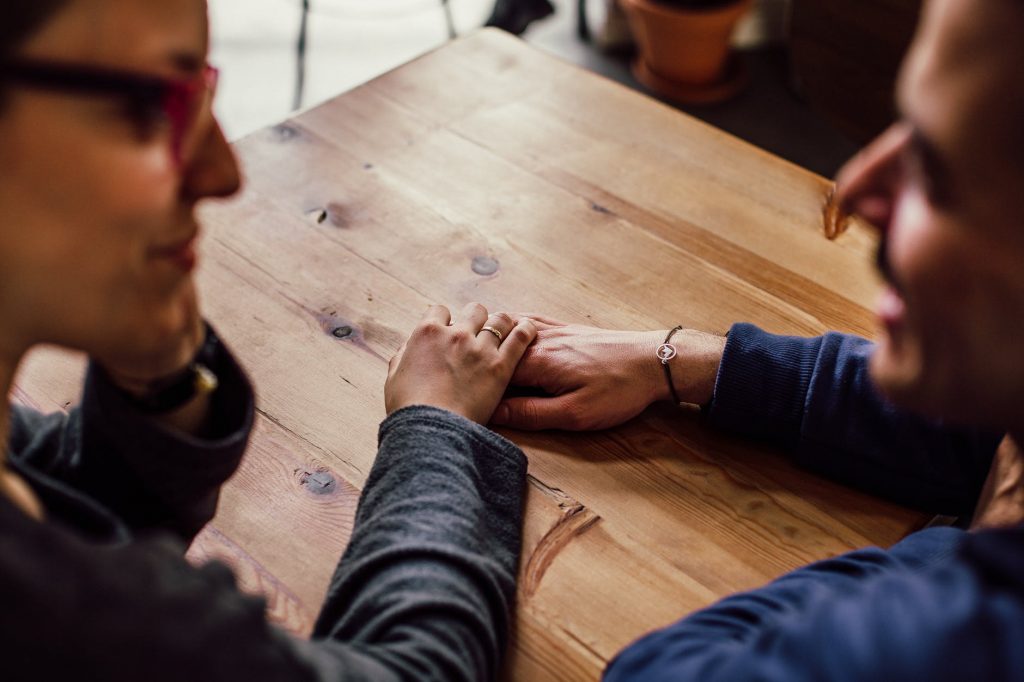
When it comes to our loved ones, we tend to know something is wrong just by looking at their face. Now the question stands, how to help your loved ones with mental health issues during coronavirus pandemic?
Here are five ways you can support your loved ones during their hard times:
- Learn about their problems/ Research
There are plenty of resources where you can find information regarding different mental health issues. Learn about their symptoms and try to understand their problem. An emotionally distressed person does not want much other than having someone who would understand him/her.
- Be there for them.
Be there for your loved ones. Listen to them quietly while they pour their hearts out. A person going through mental illness often does not always seek advice, but just someone who would listen to them.
- Do NOT compare their problems with others.
Saying “don’t be sad” “someone out there has it worse” does more harm than good. It makes the person feel like he/she is overreacting and ungrateful. Instead, say, “I understand” “It is okay to feel that way” to make them feel validated.
- Motivate them to seek professional help.
Professional help is vital for people going through emotional stress. However, we are often hesitant to get the help we need for several reasons. So, help to normalize getting professional aid and encourage them.
- A simple gesture of kindness
Whenever it’s convenient for you, try to give them some time, order their favorite food (Remember to stay safe since a pandemic is going on!). Gift them a handmade card or letter, share memes with them! These gestures can make someone feel special and lift their mood significantly.
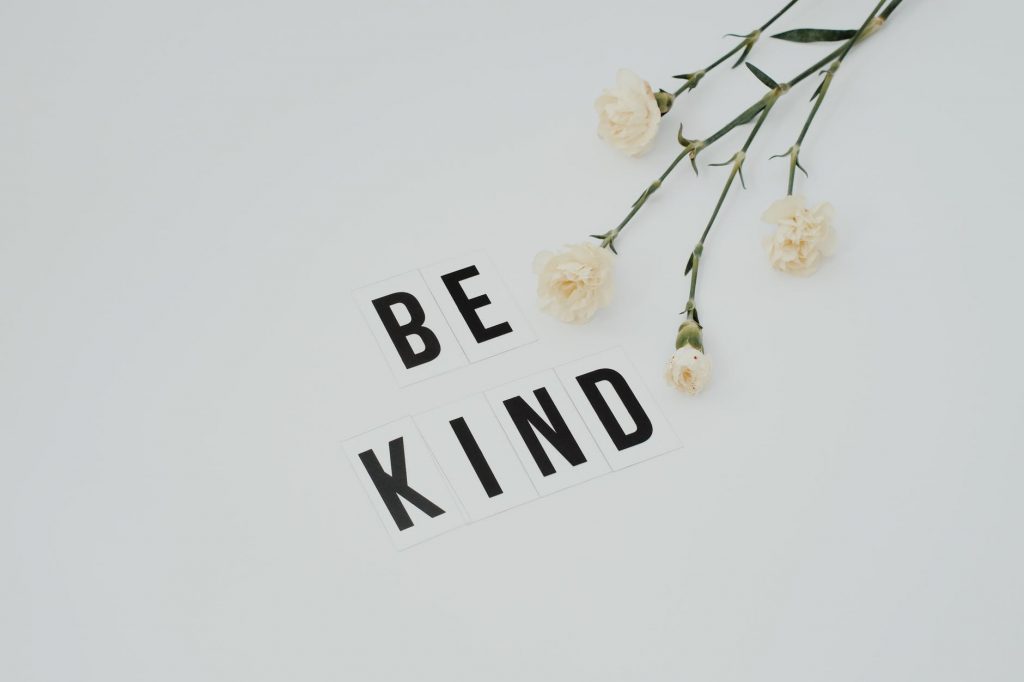
On an end note, yes, it is risky to go outside and see a doctor when a global pandemic has taken over the world. However, there are numerous organizations and doctors who are providing professional help online/ via telephone. Search them up according to your geographical location and reach out to them.
























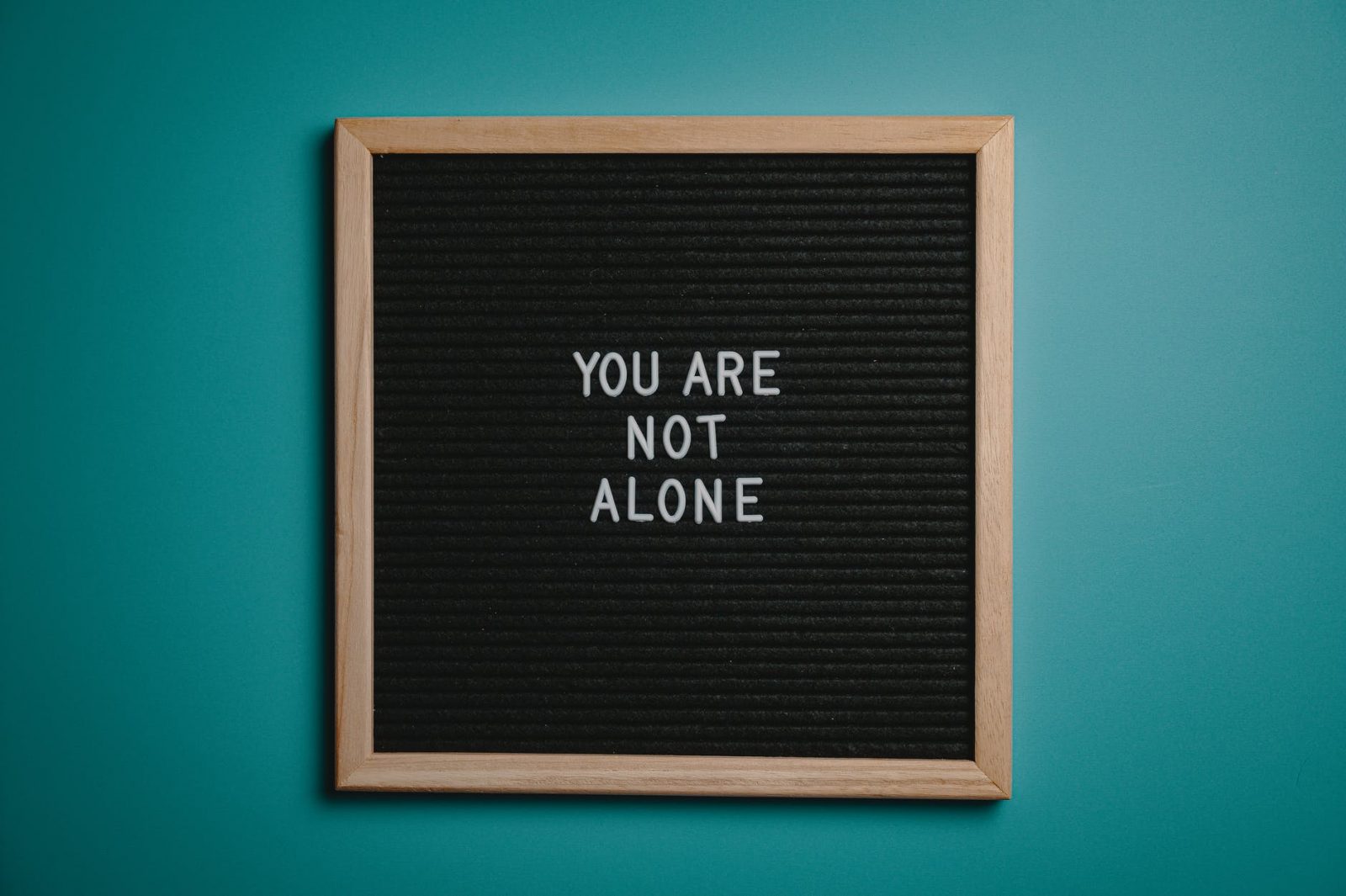

Leave a Reply